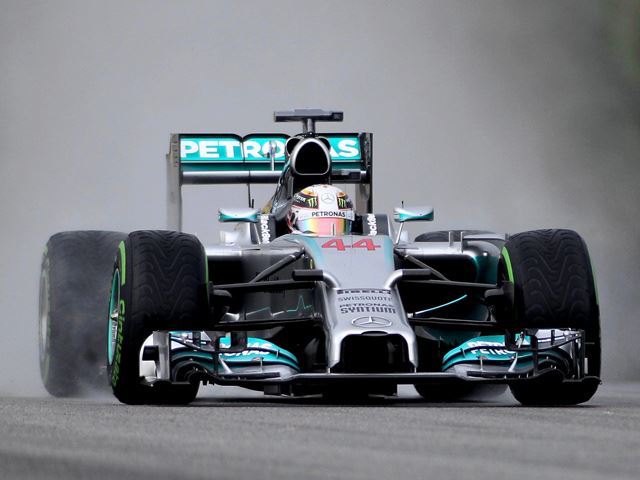After a violent incident in Brazil involving the Mercedes Formula One team, Thomas Lambton discusses the rise of violence in sport and the fallout from these events.
The events of the 11th November in which a Mercedes team car was robbed at gunpoint in São Paulo served as a further reminder of the very real dangers of Formula One in Brazil.
Thankfully, no one was harmed. Yet its occurrence does also bring to the fore the ever-present conflict between ensuring player and fan safety at sporting events whilst allowing sport to act as a powerful force for social unity and solidarity.
There is no doubting Brazil’s status as one of the highlights on the grand prix calendar. The passion and enthusiasm of the home support in combination with the circuits capacity to deliver exciting racing is largely unmatched throughout the year. Yet the security concerns surrounding the race cannot be ignored. Friday night’s events are by no means singular, for instance, in 2010, Jenson Button was threatened by three gunman whilst driving through the city and only escaped unharmed due to the quick wittedness of his police driver to flee through the traffic. It has not reached the stage where the events future is in jeopardy yet clearly these matters need to be addressed.
These issues are not limited to just Formula One and Brazil. There are numerous examples of instances around the world where, quite rightly, the importance of player and fan safety has taken precedent. From 2006 until 2017, the Pakistan national cricket team were forced to play their home games in the United Arab Emirates, in a stadium completely devoid of atmosphere and, in fact, any support. In the face of the quite evident security concerns, the Pakistan Cricket Board were sadly presented with little alternative.
Such is the social importance of sport that it not only draws large crowds but it also acts as a symbol of solidarity and freedom. That means it represents an attractive target for both crime and terrorism. The Boston Marathon bombing and the attack of the Togo football team bus stand out as recent examples.
Sport, though, does act as an incredibly powerful force against such heinous crimes. In 2008, the England tour of India was placed in serious jeopardy by the Mumbai attacks in which an Islamic terrorist organisation carried out a series of shootings and bombings across the city that led to the death of 166 people. The ODI series taking place was cancelled as the England cricket team duly flew home, and few expected them to return. Return they did and the subsequent test series that took place had an immense symbolic impact within India. This was largely due to the efforts of Sachin Tendulkar who in the first test match helped India chase down an unlikely target of 387 with an unbeaten 103. Just briefly, feelings of despair and sorrow were replaced by hope and optimism. His innings – in combination with England’s very brave decision to continue the tour – had undoubtedly a considerable role in healing the wounds of a nation devastated by this tragic terrorist attack. At a time of intense division, sport provided a source of unity.

Players, officials, security advisors and, of course, fans are undoubtedly faced with this conflict year-on-year and day-by-day. The rhetoric of standing up to terror and crime by continuing to watch and participate in sport is certainly an important message and one that should be emphasised. However, it is important that the other perspective should be considered. For example, Alex Hales and Eoin Morgan received considerable criticism for their decision not to tour Bangladesh last year, citing security concerns. Eoin Morgan referred to two previous terrorist instances when playing domestic cricket in India and Bangladesh as having a lasting impact upon him meaning that he did not feel comfortable taking part in the tour. This is a completely justifiable decision and whilst some may perceive it is as an example of the vindication of terror as a society we should respect the right of an individual to determine their own sense of risk.
Violence and sport are two forces that will persist in the world and inevitably will come into conflict with one another. Player and fan safety must and should always take precedent, but in accepting this precedence we should not lose sight of the potential positive influence of sport on both individuals and wider society.
By Thomas Lambton

